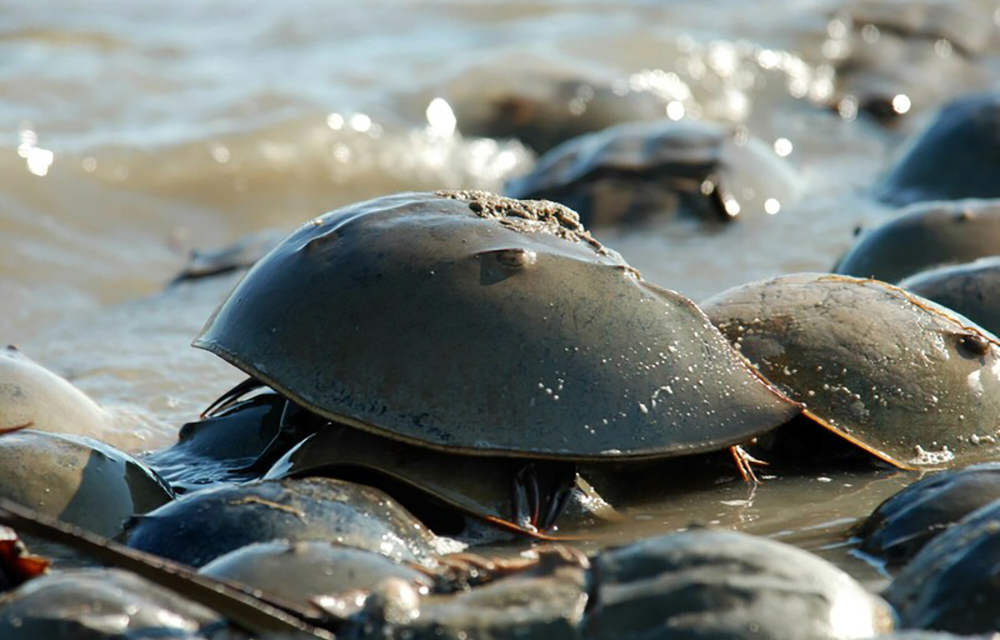A circuit court in the U.S. state of Maryland has denied the Maryland Department of Natural Resources’ motion to dismiss a lawsuit seeking data on horseshoe crab deaths in the state, allowing the lawsuit to move forward.
The Center for Biological Diversity (CBD) sued the state in May, demanding that the government turn over records documenting how many horseshoe crabs are killed or injured by fishermen annually. Horseshoe crab blood is widely used in the pharmaceutical industry for biomedical testing, where it is valued for its ability to clot when exposed to bacterial toxins.
CBD claims the practice “virtually doubled” over a five-year period, with nearly 1 million horseshoe crabs bled in 2022. In its lawsuit, the conservation group argued that the Maryland state government’s lack of transparency on how it regulates the practice makes it difficult to ensure the species is being adequately protected.
“The public needs to know how many horseshoe crabs are being slaughtered if these ancient animals are going to have a future,” CBD Senior Scientist Will Harlan said. “It’s impossible to protect vulnerable animals without accurate information.”
In August, Judge Michael Wachs of the Maryland Circuit Court for Anne Arundel County ruled that the lawsuit could move forward, denying a motion by the Maryland Department of Natural Resources.
“This is a good sign for both horseshoe crabs and the people of Maryland, who have a right to know about their government’s actions and behavior,” William Snape, an attorney representing CBD, said in a statement. “Our next step is to convince the court that this crucial biological information about how horseshoe crabs are killed has to be released publicly.”
CBD was one of 24 conservation groups that filed a petition to protect horseshoe crabs under the Endangered Species Act earlier this year.
In July, the U.S. Pharmacopeia (USP) announced a new standard that allows the use of synthetic alternatives in place of horseshoe blood, a practice that is already used in Europe.








